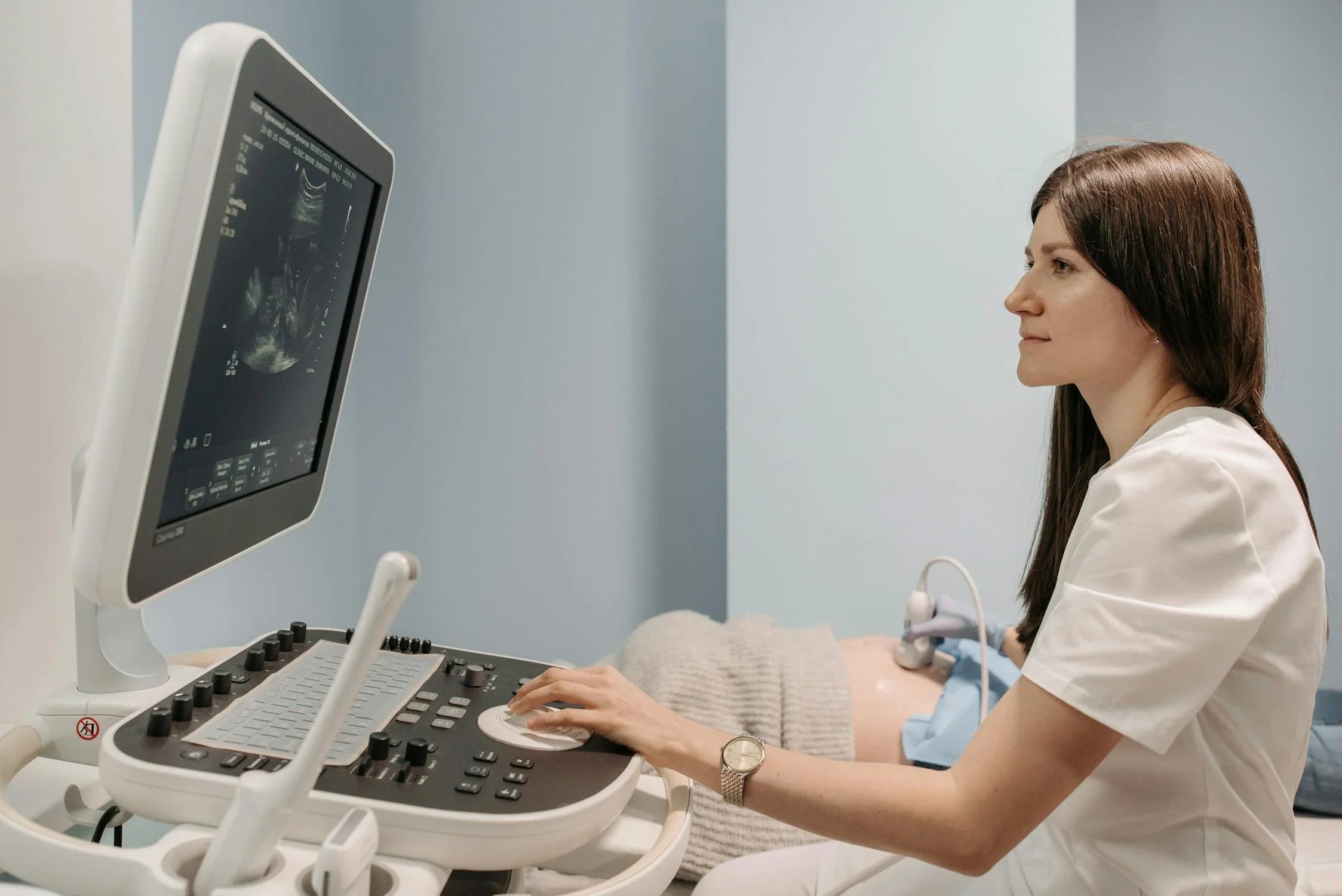Startseite
Pregnancy, Breastfeeding, and Pumping: The Ultimate Guide for Moms
Can a Pregnancy Test Detect Pregnancy at 3 Weeks?

Can a Pregnancy Test Detect Pregnancy at 3 Weeks?
When it comes to detecting pregnancy, timing is everything. Many women wonder, can a pregnancy test detect pregnancy at 3 weeks? The answer is both yes and no, depending on how you count the weeks and the sensitivity of the test. Understanding the science behind pregnancy tests and the early stages of pregnancy can help you get the most accurate results.
Understanding Pregnancy Timeline
Pregnancy is typically counted from the first day of your last menstrual period (LMP). This means that by the time you miss your period, you are already considered 4 weeks pregnant. However, conception usually occurs around 2 weeks after your LMP. So, if you are counting from conception, 3 weeks pregnant would be equivalent to 5 weeks pregnant in medical terms.
How Pregnancy Tests Work
Pregnancy tests detect the presence of human chorionic gonadotropin (hCG), a hormone produced by the placenta after implantation. Implantation usually occurs 6-12 days after ovulation, which is around 3-4 weeks from your LMP. The levels of hCG double every 48 hours in early pregnancy, making it easier to detect as time progresses.
Types of Pregnancy Tests
There are two main types of pregnancy tests: urine tests and blood tests. Urine tests are the most common and can be done at home. Blood tests, which are more sensitive, are usually performed in a healthcare setting. The sensitivity of a pregnancy test is measured in milli-international units per milliliter (mIU/mL). Tests with lower mIU/mL can detect pregnancy earlier.
Can a Pregnancy Test Detect Pregnancy at 3 Weeks?
If you are counting from your LMP, 3 weeks pregnant is usually too early to detect pregnancy with most home pregnancy tests. However, if you are counting from conception, some highly sensitive tests might be able to detect hCG levels at this stage. It's important to note that results can vary depending on the test's sensitivity and the concentration of hCG in your urine.
Factors Affecting Test Accuracy
Several factors can affect the accuracy of a pregnancy test at 3 weeks. These include the test's sensitivity, the time of day you take the test, and how well you follow the instructions. Early morning urine usually has the highest concentration of hCG, making it the best time to take a test.
When to Take a Pregnancy Test
For the most accurate results, it's best to wait until after you have missed your period. This is usually around 4 weeks from your LMP. However, if you suspect you might be pregnant earlier, you can try a highly sensitive test. Keep in mind that even if the test is negative, it's a good idea to retest a few days later if your period still hasn't arrived.
Early Signs of Pregnancy
In addition to taking a pregnancy test, there are other early signs of pregnancy to look out for. These include missed periods, nausea, breast tenderness, fatigue, and frequent urination. If you experience any of these symptoms, it might be worth taking a test or consulting with a healthcare provider.
What to Do If You Get a Positive Result
If your pregnancy test is positive, the next step is to confirm the result with a healthcare provider. They can perform a blood test or ultrasound to confirm the pregnancy and estimate the due date. Early prenatal care is crucial for the health of both the mother and the baby.
What to Do If You Get a Negative Result
A negative result at 3 weeks doesn't necessarily mean you're not pregnant. It could be that the hCG levels are still too low to detect. If you still suspect you might be pregnant, wait a few days and retest. If your period still hasn't arrived and you continue to get negative results, it's a good idea to consult with a healthcare provider to rule out other potential issues.
Conclusion
While it is possible for some highly sensitive pregnancy tests to detect pregnancy at 3 weeks, it is generally more accurate to wait until after you have missed your period. Understanding the timeline of pregnancy and how pregnancy tests work can help you get the most reliable results. Always follow the instructions on the test and consult with a healthcare provider if you have any concerns.
Curious about early pregnancy detection? Learn more about how pregnancy tests work and when to take them for the most accurate results. Don't leave it to chance—get the answers you need today!
Teilen

